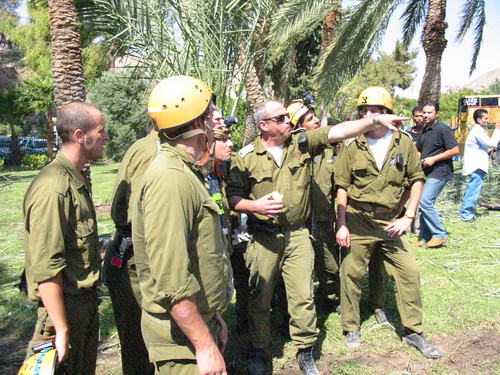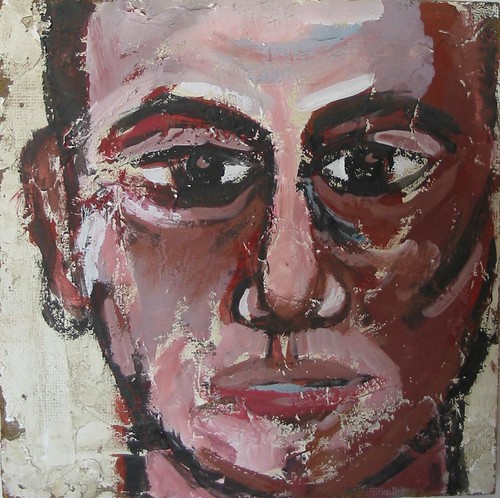Tuesday, 12 September, 8pm to 10pm
How can we read the new constitutional amendments?
Judge Hisham Bastaweessi
Dr. Gamal Zahran, Member of Parliament
Sameh Naguib, researcher with the Center for Socialist Studies
Sunday, 17 September, 7pm to 9pm
In the aftermath of resistance in Lebanon, where is the Middle East heading to?
Dr. Mustafa el-Labbad, political analyst
Dr. Diaa Rashwan, senior researcher with Al-Ahram Center for Political and Strategic Studies
Tamer Wageih, researcher with the Center for Socialist Studies
Thursday, 14 September, 7pm to 9pm
Short films based on Naguib Mahfouz’s stories
Hareb min el-‘Edam (fleeing from execution), Directed by Ibrahim el-Sahn, Starring Abdallah Gheith and Samiha Ayoub.
Essada (The Echo), Directed by Ashraf Fahmy, Starring Mahmoud Morsi and Zouzou NabilThe films will be followed by a discussion moderated by cinema critic Ahmad Abdel ‘Al
Thursday, 28 September, 9pm to 11pm
Beirut el-Gharbeya (Western Beirut), a Lebanese movie, Directed by Ziyad el-Doweiri



